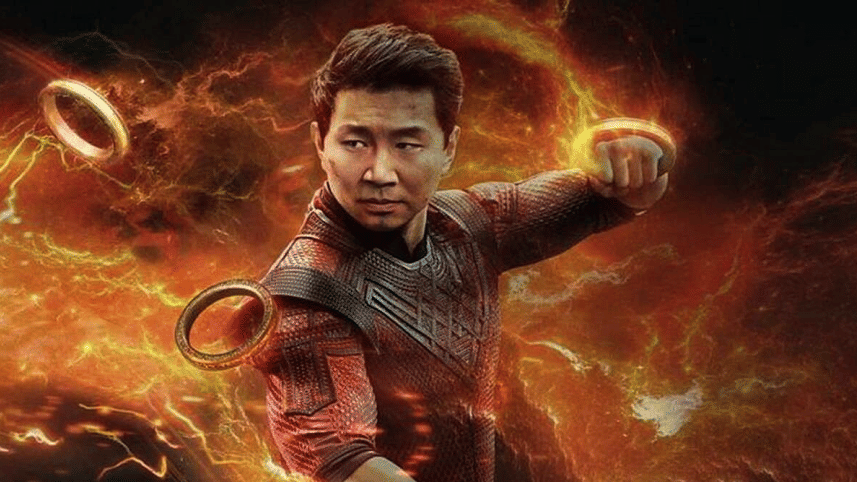Shang-Chi Breathes Life Into MCU's Rocky Phase 4

With new stories to be told in the fourth phase of expanding their cinematic universe, Marvel introduces us to Shang-Chi as its first Asian superhero in cinemas. The movie Shang-Chi and the Legend of the Ten Rings comes right after the disappointment that was the solo Black Widow movie. However unlike its predecessor, Shang-Chi's new solo MCU movie debut delivers big, with adrenaline rushing fight scenes to mesmerising visuals, a likable protagonist supported by a non overbearing cast, and above all, a badass antagonist with understandable motivations.
The story of Shang-Chi has very little ties with the previous phases of the MCU. Shang-Chi is initially presented as an easy going hotel valet who does not strive for much in life. The film is set in motion after his dark wretched past catches up with him in the form of his father, Wenwu or the Mandarin.
Being such a prominent figure in the underworld, it became evident to Shang-Chi that his father would be upto no good. Together with his sister Xialing, Shang-Chi was determined to stop Wenwu. Little to their surprise, their old man's intentions were not as black and white as they had assumed, nor was their scope bound to some underground squabble but rather involving an entirely different mythical plane.
The storytelling in Shang-Chi is nicely executed, with appropriate attention to detail. The latter portion can feel exposition heavy, but it does not become immersion breaking. The flashbacks carry much significance in keeping the plot consistent. However, they do feel repetitive at times.
Shang-Chi is played by Simu Liu, and he excels as the main lead. He comes off as a nonchalant cool individual. He is humorous without being overly comedic and his character development in the movie brings out his serious side.
Prominent among the side cast are Katy and Xialing played by Awkwafina and Meng'er Zhang respectively. Katy's platonic relationship with Shang-Chi, acting as a subtle comic relief is refreshing to see, though her accompanying Shang-Chi in imminent danger does make her feel like extra baggage dragging him down. But her role in the final act partially makes up for it. As for Xialing, her presence as a strong female support balanced out the power dynamic while shifting away emphasis from Shang-Chi when necessary.
Nevertheless, it was Tony Leung's Wenwu who stole the show. The Mandarin was portrayed as a stern ruthless villain with a soft side towards his family. Like Thanos, his actions were driven by logical motivations. Wenwu feels relatable to the viewers unlike the earlier cookie cutter bad guys in older MCU films, and Tony Leung's acting prowess really elevated the character, making him feel like one of the best Marvel villains in cinema.
Marvel movies in general lack good hand-to-hand action choreography and instead focus more on special effects. Shang-Chi bucks the trend by displaying some of the best martial art fights in its first act, reminiscent of Jackie Chan and Bruce Lee's natural combat style. Simu Liu, Meng'er Zhang and Tony show their expertise in the action scenes and shine in their respective roles. Steady shots and lack of shaky cam make these scenes surreal.
On the contrary, the action in the final act is a CGI fest, albeit it was beautifully handled. Additionally, the movie may be named after the Ten Rings, but the mythical region Ta Lo gets more of a spotlight while the rings are rarely talked about until the mid credit scene.
As a new entry into the MCU, expectations for Shang-Chi were timid. However, the movie was able to shatter those expectations. Its attempt to properly represent Asian culture without blatant pandering is commendable. Shang-Chi is already earning big in the box office despite the pandemic situation, and keeps us hopeful for the upcoming movies of the MCU Phase Four.



 For all latest news, follow The Daily Star's Google News channel.
For all latest news, follow The Daily Star's Google News channel.
Comments